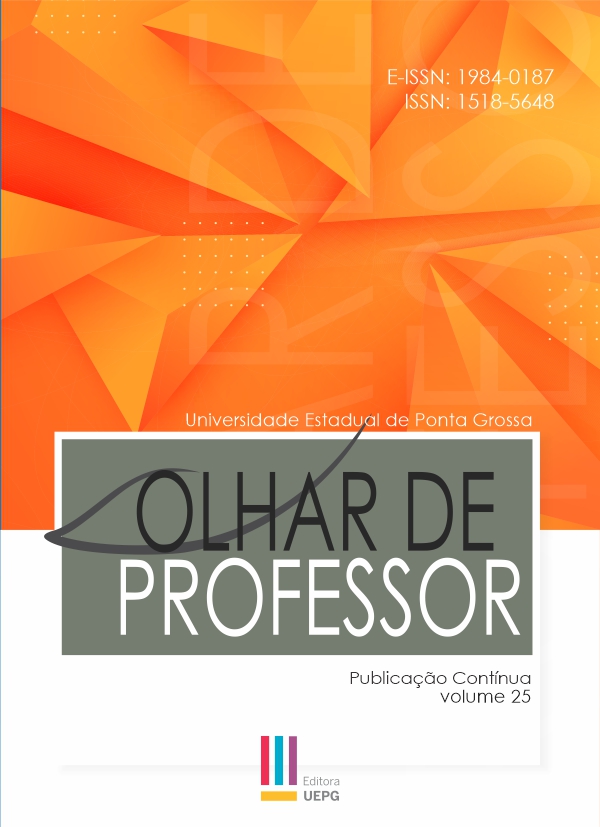Problematizing the paradigms for Teaching Theater to children in the Public Education Network of Santa Maria (RS)
Main Article Content
Abstract
In this article we present results of a research carried out from - “Pedagogical and theatrical practices developed with children in the public school system of Santa Maria (RS)” project, that is linked to the Theater Degree course at the Federal University of Santa Maria (UFSM). The main objective was to investigate, through data collection and using semi-structured interviews, the occurrence of artistic and pedagogical practices involving theatrical language in Santa Maria public school system, as well as to observe where artistic languages take place in the school routine. In this context, the research tried to make a mapping of theater teaching and, then, generat reflections that can contribute to the qualification of the pedagogical-theatrical practices developed in schools. Authors such as: Pereira (2015), Nogueira (2015), Brazil; Marques (2014), Ferreira (2006) among others, subsidize the reflections and help to think about teaching theater in Basic Education.
Downloads
Article Details
Authors who publish in this journal agree with the following terms:
a) Authors keep the copyrights and concede the right of its first publication to the magazine. The work piece must be simultaneously licensed on the Creative Commons Attribution License which allows the paper sharing, and preserves both the author identity and the right of first publication to this magazine.
b) Authors are authorized to assume additional contracts separately, to not-exclusively distribution of the paper version published in this magazine (e.g.: publish in institutional repository or as a book chapter), with the author identity recognition and its first publication in this magazine.
c) Authors are permitted and stimulated to publish and distribute their papers online (e.g.: in institutional repository or on their personal webpage), considering it can generate productive alterations, as well as increase the impact and the quotations of the published paper.
d) This journal provides public access to all its content, as this allows a greater visibility and reach of published articles and reviews. For more information on this approach, visit the Public Knowledge Project, a project that developed this system to improve the academic and public quality of the research, distributing OJS as well as other software to support the publication system of public access to academic sources.
e) The names and e-mail addresses on this site will be used exclusively for the purposes of the journal and are not available for other purposes.

This work is licensed under a Creative Commons Attribution 4.0 International License.





